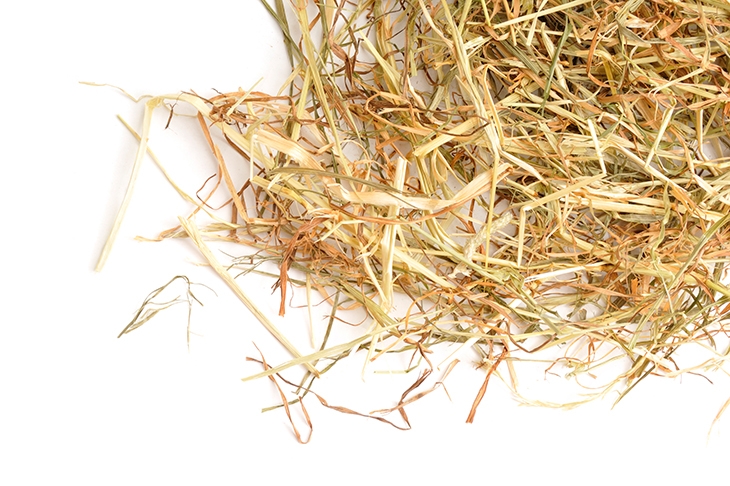At Glastonbury in 2017 ‘a whole swathe of young people had a political awakening’, chanting ‘Oh, Jeremy Corbyn’, said the Guardian last week.
Swathes tend to be whole. Either that or vast, huge, great. Soldiers on first world war battlefields were mown down in them. If a swathe retains a literal meaning, on which its metaphorical use relies, it is presumed to be a sweep of hay or corn cut down by a scythe.
What strikes me is the pronunciation. Everyone makes it rhyme with bathe. If anyone used the first pronunciation given by the Oxford English Dictionary, rhyming with moth, they’d hardly be understood. The second pronunciation recorded by the OED rhymes with forth (if the letter r is not pronounced).
The first spelling in the OED is swath, but I think that, because the new pronunciation is like bathe, newspapers now prefer the spelling swathe. The OED entry was last fully revised in 1918.
The spelling swathe was earlier influenced by a different swathe with which one may be swathed, as in swathes of bandages. This sort of swathe, a band of linen or cloth, gives us swaddling. Some familiarity with that term was preserved by the Gospel reference to Mary wrapping the child Jesus ‘in swaddling clothes’.
Swathes of bandages and swathes of hay are different words in meaning and history. The swathes of hay come from a word that before the Conquest meant ‘track’. After King Alfred sat down and his learned clerks told him what the Latin of Boethius meant, the resultant English translation attributed to the king speaks of Death following birds, beasts and men and not giving up the track (ne forlæt nan swæð) until he catches them.
Will wrath follow swathe in finally dropping its old moth/forth pronunciation? Only sticklers resist for wrath a rhyme with Kath or path. So strong is their determination that they often complain to me about the pronunciation of Cape Wrath (with its lighthouse built by Robert Stevenson in 1828) on the Shipping Forecast. They need not be troubled. The Wrath there has nothing to do with anger but represents an Old Norse word for ‘turning point’. For swathe, though, there’s no going back.





Comments